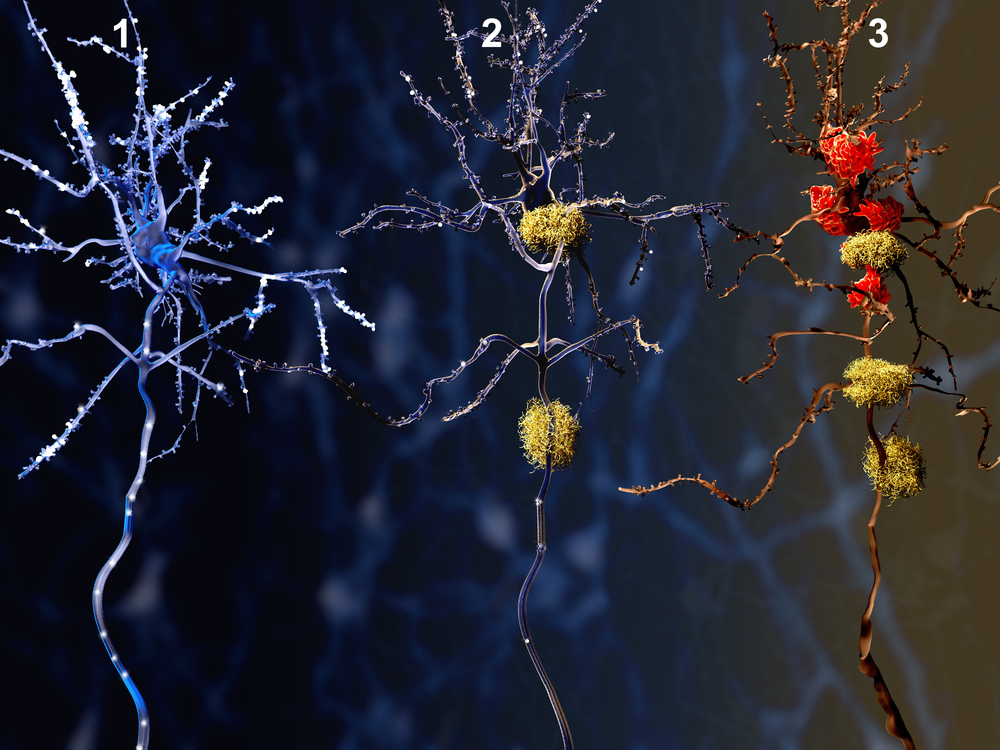Certain Cells in Brain Likely Trigger Alzheimer’s Disease
Written by |

In a new study titled “Identification of Vulnerable Cell Types in Major Brain Disorders Using Single Cell Transcriptomes and Expression Weighted Cell Type Enrichment,” researchers pinpointed microglia cells in the brain as the specific cell type that likely triggers not only Alzheimer’s disease, but also multiple sclerosis. The study was recently published in the journal Frontiers in Neuroscience.
The identity of cells triggering the primary pathology of many brain diseases is still unknown. Researchers from the Centre for Clinical Brain Sciences at the University of Edinburg have developed a new method, called Expression Weighted Cell Type Enrichment (EWCE), that allows researchers to identify which genes are being activated in brain-specific cells by performing single cell transcriptomic analysis. They then compared the genetic profile of these cells with human data on genes associated with the most common brain disorders, including Alzheimer’s disease, anxiety disorders, autism, intellectual disability, multiple sclerosis, schizophrenia and epilepsy.
By combining single cell transcriptome data with genetic susceptibility, the team could identify, in seven different brain disorders, the putative primary cell types affected by genetic susceptibility. Specifically, they discovered that genetic susceptibility primarily affects microglia cells (resident macrophages of the brain and spinal cord) in Alzheimer’s and multiple sclerosis; pyramidal neurons were the cell type most associated with schizophrenia and autism genetic signature; while epilepsy and other intellectual disability disorders were strongly associated with interneurons, which are responsible for creating neural circuits, enabling communication between sensory or motor neurons and the central nervous system.
While Alzheimer’s disease is characterized by damage to the neurons, the findings actually point to a different brain cell, the microglia cells, as the triggering cells in Alzheimer’s. These results are in agreement with recent reports highlighting an abnormal microglia immune response during Alzheimer’s progression. Now, the team points that microglia cells are in fact the primary focus of genetic risk. These results suggest that neuron damage is a consequence of Alzheimer’s disease progression. As such, future therapeutics against Alzheimer’s may include drugs that target microglial cells.





